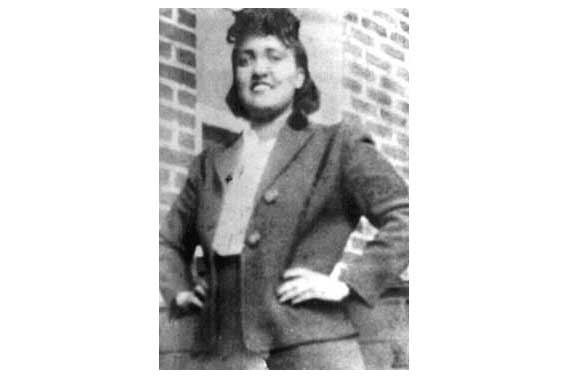
City, University of London researchers reflect on the remarkable life of Henrietta Lacks for UK Black History Month
Dr Cefa Karabağ and Dr Constantino Carlos Reyes-Aldasoro also share the results of their research collaboration with the Francis Crick Institute on the HeLa cell line named after her.
Published Wednesday, 28th October, 2020 in University news
For Black History Month 2020, it is fitting to pay tribute to a remarkable African-American woman who, unknowingly, played a hugely significant role in the advances of modern medicine.
Mammalian cell culture is something we take for granted these days. Nevertheless, it plays a critical role in modern research and therapeutic development. Without the life (and ultimately, the death) of Henrietta Lacks, much of what we know about cancer, and many other medical advances, would be impossible.
The HeLa cell line was developed in the 1950s from a particularly aggressive strain of cervical cancer cells taken during a routine biopsy from Henrietta Lacks, a 30-year-old mother of five. She was treated for the disease by Dr George Gey in the racially segregated, coloured ward, of Johns Hopkins University Hospital in Baltimore, Maryland.
Learn more about the story of Henrietta Lacks and the two City professors who have written research on the algorithm of the HeLa cell line.
